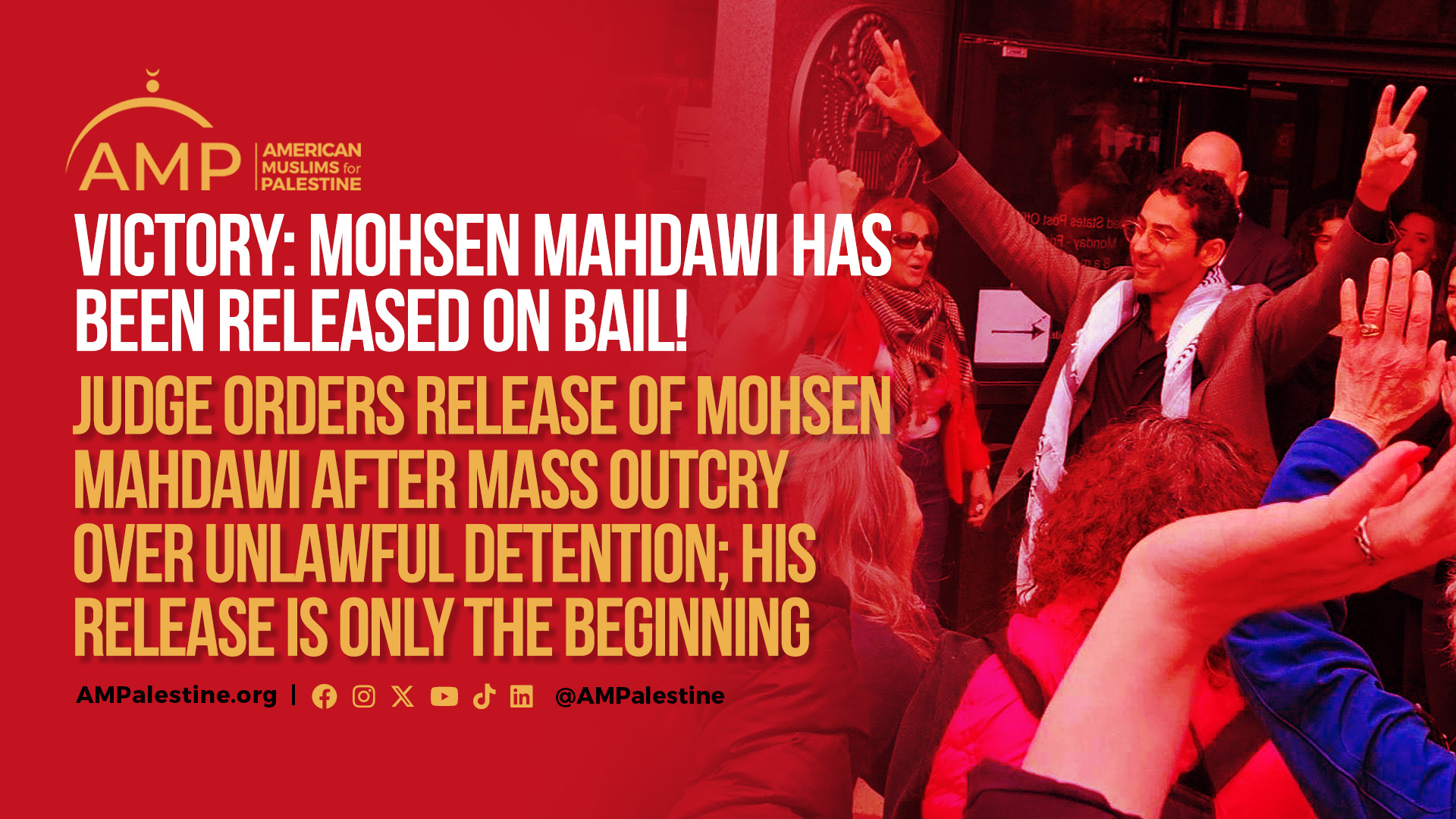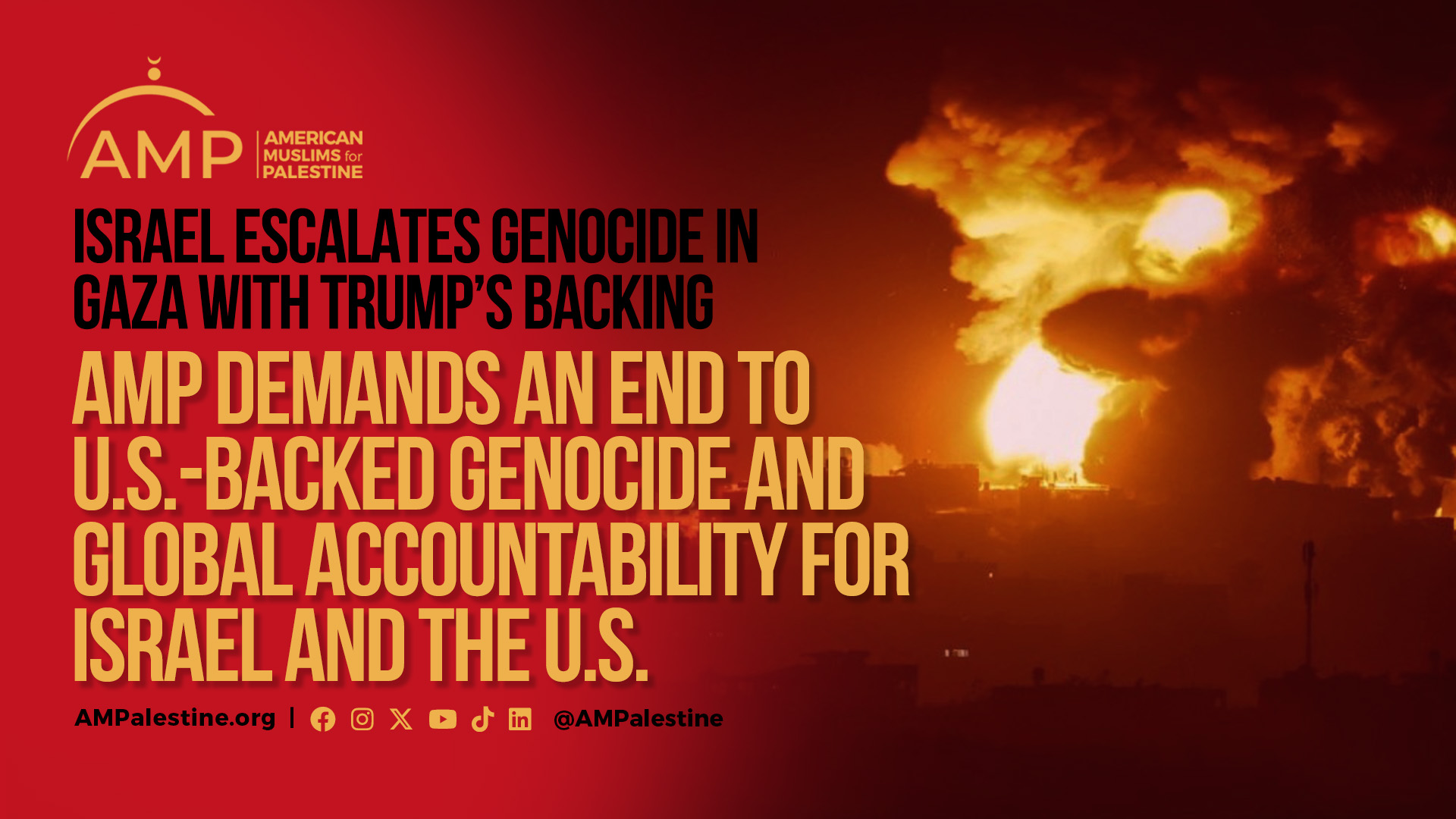Palestinians in besieged Gaza struggle daily for survival - Kristin Szremski
As Palestinians mark the anniversary of Operation Cast Lead, Israel’s offensive against the people of Gaza that began on Dec. 27, 2008, another battle is being waged that has garnered little attention.
Every day, the Palestinians of Gaza – a small strip of land about two-thirds the size of Chicago on the Mediterranean Sea – struggle to survive amid a humanitarian crisis brought about by Israel’s blockade of its borders. The crisis was made worse last winter when the Israeli military killed 1,409 Palestinians – including 355 children – and destroyed among other things hospitals, mosques and schools.
The siege prohibits the export of Palestinian goods and severely limits the import of humanitarian supplies such as food, medicine and reconstruction materials. It has crippled Gaza’s economy and plunged 90 percent of its 1.5 million inhabitants into poverty. The United Nations reports that Israel allows into Gaza less than 25 percent of the goods it did before the siege began in June 2007.
Access to medical care is a casualty of the blockade. At least 362 people have died since June 2007 because they could not access appropriate medical care, according to the Palestinian National Authority Ministry of Health. Twenty-two people died in the first eight months of 2009 alone. As of June, nearly 20 percent of essential drugs for things like kidney and heart disease were depleted, according to the Gaza Central Drug Store.
Water-borne illnesses such as diarrhea are on the rise, particularly in children, because wastewater treatment plants destroyed in Operation Cast Lead spew raw sewage into neighborhoods and the Mediterranean Sea daily. The siege’s prohibition on building materials prevents the plants from being rebuilt. Only 5 to 10 percent of Gaza’s wells are safe for drinking, the World Bank says. Health experts warn that deadly diseases such as cholera could erupt at any time.
International law guarantees everyone the right to an adequate standard of living – to work, food and water. Israel’s blockade denies the Palestinians of Gaza these rights. The Fourth Geneva Convention, to which Israel is a signatory, stipulates that occupiers must protect the people it occupies – including providing adequate medical care.
Furthermore, the United Nations has said the blockade amounts to collective punishment, which is prohibited. Article 33 of the Fourth Geneva Convention prohibits punishing people for an offense they did not commit.
The United States often makes aid to foreign countries contingent upon human rights practices. Yet, when it comes to Israel, the U.S. annually awards more than $3 billion in unconditional military and other aid. The White House sometimes rebukes Israel for its human rights abuses, but the words are empty as long as the equivalent of $7 million per day continues to flow to Israel with no strings attached.
The U.S. recently vetoed a measure in the UN Human Rights Council supporting the Goldstone Report, the UN-sanctioned study of Operation Cast Lead that said Israel committed war crimes and possibly crimes against humanity. This veto – along with the continuing billions of dollars in foreign aid - allows Israel to proceed with its illegal occupation, human rights abuses and the siege of Gaza with impunity. U.S. support of Israel hurts our standing in the Arab and Muslim worlds and weakens our negotiating stance with all parties to the conflict.
It is time for the American public to raise its voice and to urge Congress and President Barack Obama to hold Israel accountable for its flagrant violation of international law. After all, it is our tax money that supports the siege. If we remain silent, then, are we collectively guilty for the deaths of these Palestinians?
Kristin Szremski
Director of media and communications
American Muslims for Palestine
10101 S. Roberts Road, Suite 102
Palos Hills, IL 60465
708.717.4180 cell
708.598.4267 office



